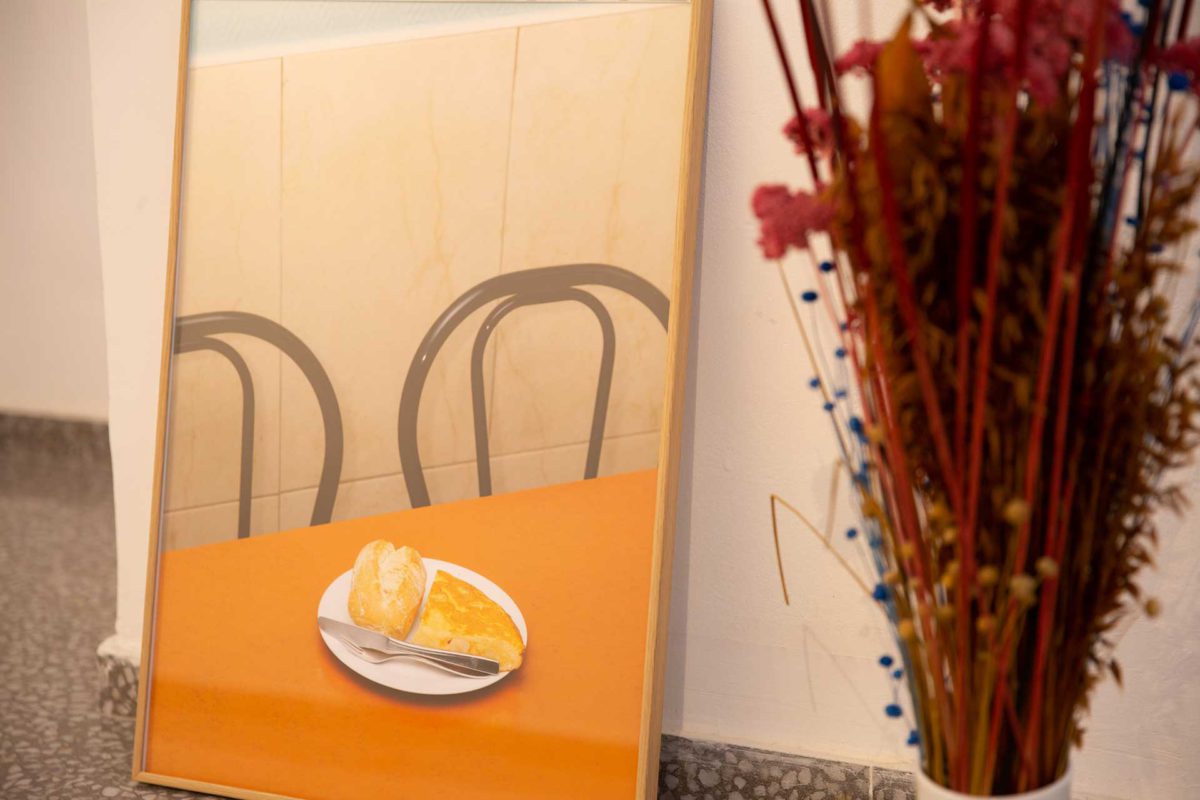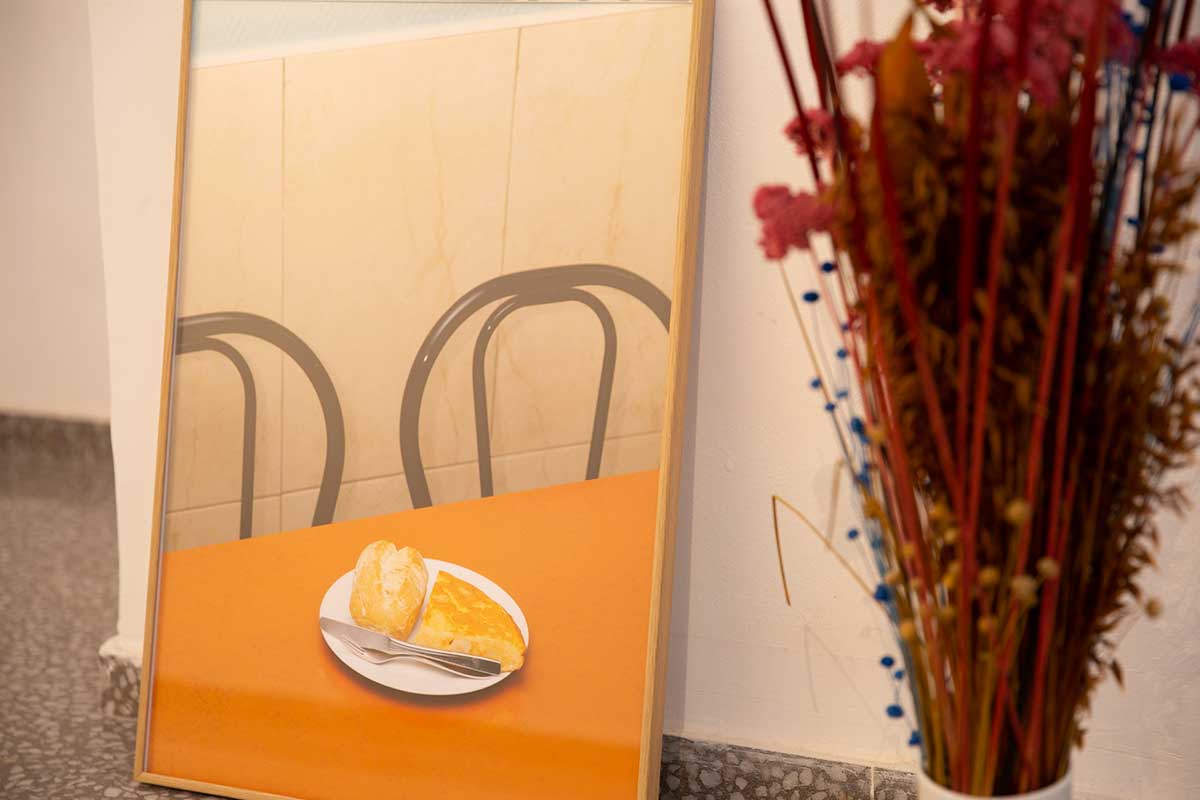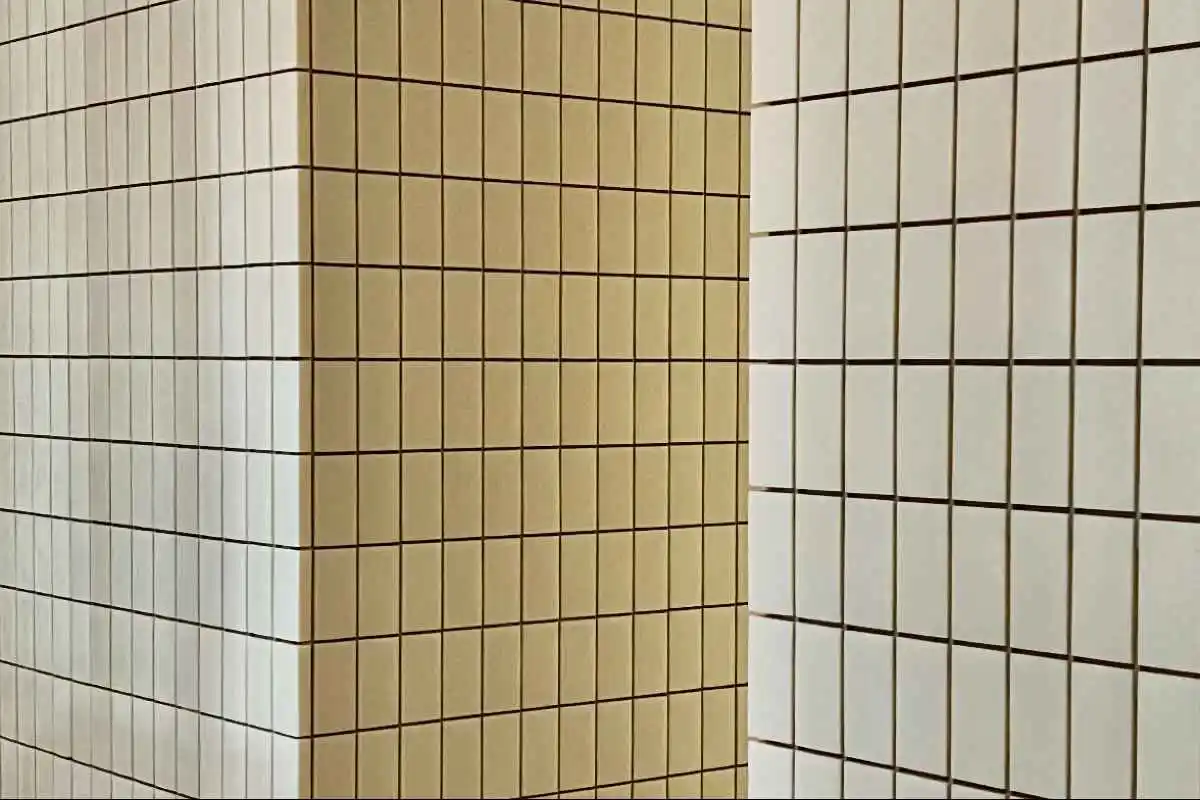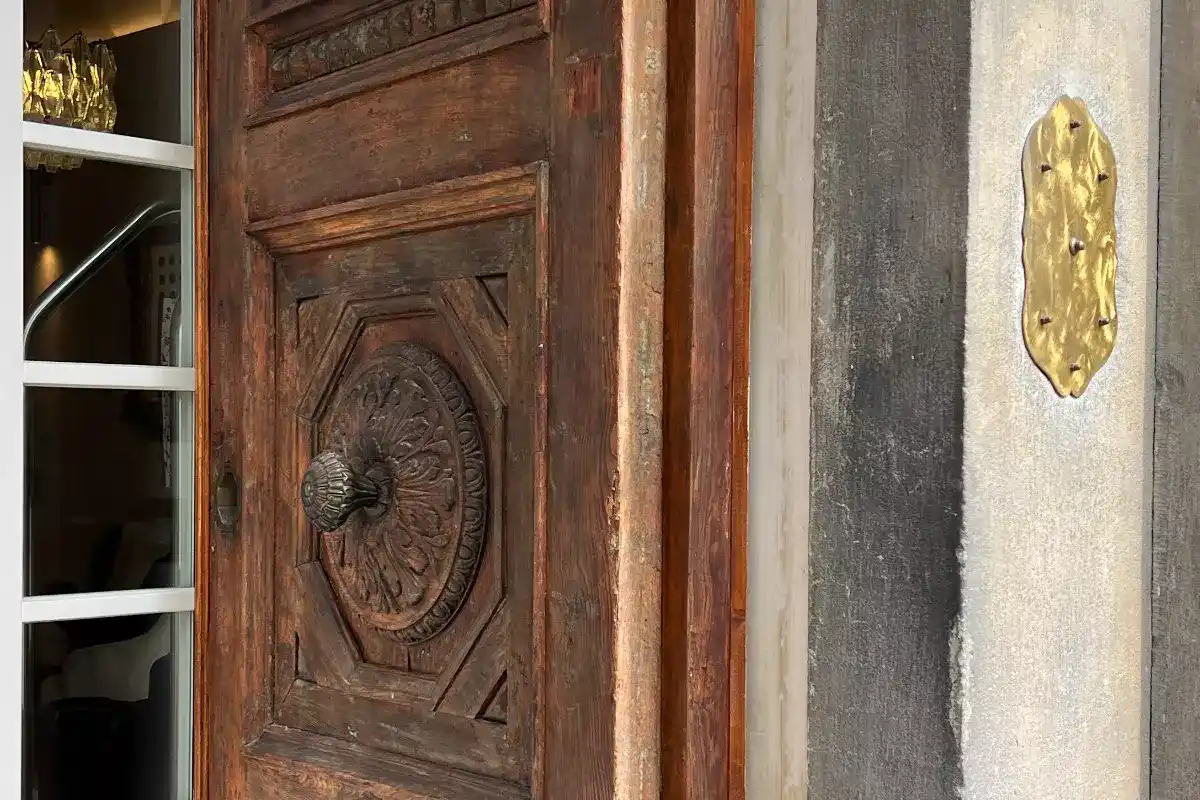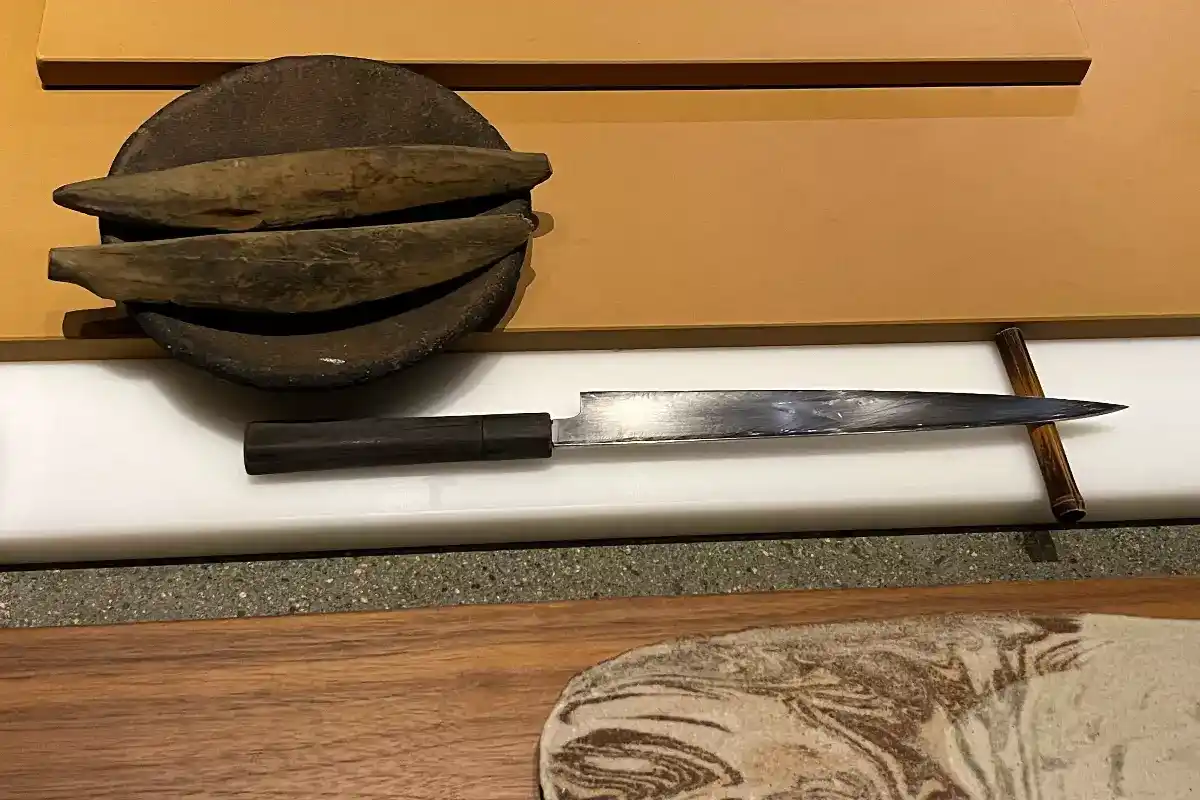«We are breaking apart from established-photography galleries in Madrid». Le Mur intends to revitalize the relevance of critical-thinking through a photographic medium
Le Mur in Madrid
Spawn from conversation between friends, Le Mur Photo Gallery is a photography gallery and bookshop based in Madrid, Spain. Founded in April 2019 by Bernardo Mur, the gallery sits at two-stories-high on the street of Calle de Amaniel, with a bookstore on the first floor and an exhibition hall in the basement. Mur wanted to open a contemporary-art space, but his background in graphic design drew him to photography. «I come from the graphic design world and photography has been its essence, but as a final object versus an accessory to the realization of an idea». He sees photography as a way to translate creativity, and interests. He focuses on photography as an object and mode of presentation.
The namesake gallery and its founder emphasize accessibility in the sphere of photography by opting for price tags within reason. «There are three or four photography galleries in Madrid, but their pieces come with a hefty-price tag. I wanted to make a gallery for people who do not have thousands of euros to spend». He says, «in our time of societal and systemic change, we should not leave the arts behind. Culture aids our thought process. It is a way for us to put ourselves in another person’s shoes. Empathize with their thoughts, points of views and to question our beliefs».
Sourcing for artists and books at Le Mur
Le Mur’s clientele are photographers, photography aficionados, fine-art students, or anyone with a passion for the arts. Clients are greeted with the bookshop-library, which Mur says serves as a companion to the exhibition space and vice versa. «You can go inside to buy a book or you can buy a photograph with ease». Mur’s neighborhood is tourist-friendly. «I would say, my priority is the photography scene, but I would not say my space is directed at a demographic». Mur is not a fan of margins and does not set them when he looks for artists to showcase. «There is no format or style we look for».
Mur finds a majority of artists through Instagram. «In the digital age, it’s hard not to be surrounded by photographs». People approach him from time to time, but Instagram is sufficient. Le Mur Gallery’s photography exhibitions feature emerging-talent, an attribute that contributes to their pricing. «They are not established-artists, they are emerging. I want the gallery to act as a platform for them to climb up the ladder». When sourcing for books, Mur is conservative due to his lack of space. «I find books or magazines on the Internet and contact the team for distribution details. I do not have factors in place when sourcing».
The Covid-19 impact on Le Mur
Spain has been battling Covid-19 and the restrictions have curtailed creatives in Madrid in the past year. The political situation surrounding the arts and culture sector has added to the struggle. Mur tells us, the right-wing party in Spain and Madrid has observed culture to be of little-interest. As a result of Covid-19, they began cutting budgets meant for the sector. They have seen performative-acts in favor of culture in 2020, but the cuts and restrictions from the virus have affected the sector. The Culture Minister, José Manuel Rodriguez Uribes said that as a country they need to «work together to consolidate the importance of cultural policy in the European agenda».
In May 2020, the European Commission proposed a seven-hundred-and-fifty billion euros recovery plan that intends to mitigate the economic fallout facing the twenty-seven member states of the European Union due to the pandemic. A majority of the budget went to Italy and Spain where the Spanish government unveiled the seventy-six million euros package designed to protect what Uribes refers to as «one of our country’s essential sectors». In June 2020, he called for culture to be brought in line with their priorities – the European Green Deal and the European Digital Agenda to ensure no one gets left behind. He extended credits and specialist financing up to seven-hundred-and-eight million euros as a way to help businesses in culture.
Lampoon review: A digital-space at Le Mur
Lawmakers described the relief package as ‘ambitious’. Further, representatives from the EU’s creative-industries say it does not provide adequate funding for the arts. Called Next Generation EU, the recovery plan cuts three cultural education programs – Erasmus+, Creative Europe and European Solidarity Corps. Cultural-officials warned the commission that this would be «bad news for the youth», and would send a «terrible message» to the cultural, creative and media sectors.
Le Mur was a year old when the pandemic hit, but they have been financially-independent since the beginning. Government cuts haven’t therefore affected them. «Le Mur has not depended on state aid, but there has been a decrease in sales». The reality keeps the gallery alive by adopting a digital-space, but Mur explains it will remain a complement to the store for now. «In the future, the possibility to have digital-exhibitions remains. Gallery visits are a part of the cultural-experience, besides meeting and sharing ideas. People need to be able to take a book into their hands, open it, smell it and feel it. I would like to keep it that way while continuing our virtual-space as an addition».
Future development at Le Mur
Following a month-long nation-wide lockdown at the start of the pandemic, Spain’s venues reopened in the summer operating with capacity limitations, social distancing policies, and bars and cloakrooms closed. Le Mur is able to operate as long as they abide by these measures. «We ensure our visitors are wearing facemasks, we offer hand sanitizer and keep visitor caps».
Before the pandemic, Le Mur participated in a collaboration with Hybrid Festival. The Spanish contemporary-art festival combines exhibitions and activities of independent or self-organized spaces that explore techniques of exhibiting art. They work with non-profit spaces, design shops, co-working halls, and architecture studios to platform emerging-artists. The festival takes place around thirty-eight spaces in Spain. Le Mur participated as part of the Swap exchange program with Come In Art Gallery from Kharkiv, Ukraine.
«We hope that in 2021 we can return with a presence». Mur hopes to expand Le Mur to surpass photography and books. The founder explains that he would like to host workshops when restrictions are lifted. «We are playing it by ear for now, but will venture into artistic fields after the pandemic. Art and luxury should not be synonymous. Art is bringing people together through platforms. Acquiring art has become a status symbol for a group of society».
Le Mur
Calle de Amaniel, 20, Madrid, Spain
Le Mur is a photography gallery and bookshop based in Madrid, Spain.


